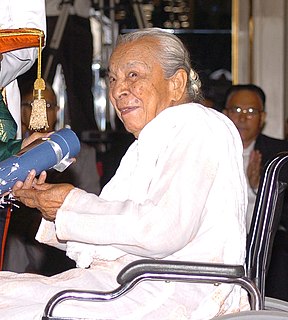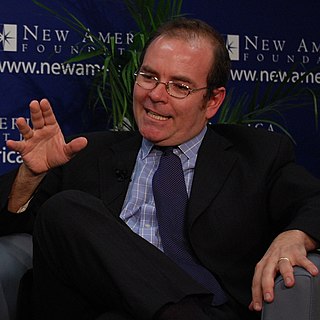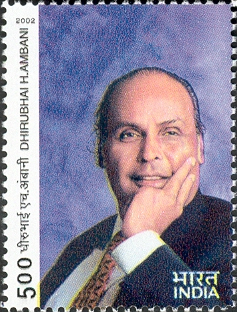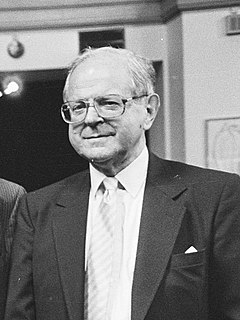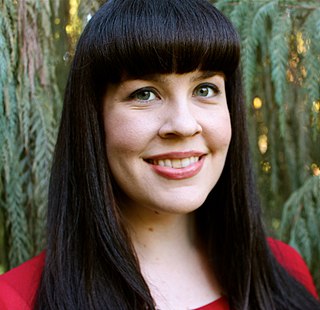A Quote by Jerry Seinfeld
Cremation has become the most popular form of burial in the United States... People used to want a big, thick granite stone, their names carved into with a chisel. I was here dammit! Cremation is like you're trying to cover up a crime. Burn the body. Scatter the ashes around. As far as anyone's concerned this whole thing never happened.
Related Quotes
I am preparing myself for death. When I go to sleep, I try to keep myself smiling. So that when I die, I have a smile on my lips. I want an electric cremation. I don't want any poems or fuss after that. And for heaven's sake, don't bring back my ashes. Flush them down the toilet if the crematorium refuses to keep them. If they tell you that I am dead, I want you to give a big laugh.
Common sense, to me, is simple. And I've never understood why there aren't a lot of people trying to figure out how the United States became this special place and then try to replicate it around the world, because that's the solution to the human condition. The solution to poverty, the solution to misery, the solution to backwards living is the United States of America. Why not learn how that happened, learn why and how we happened. What is it that made it special?
But this man had set down with a hammer and chisel and carved out a stone water trough to last ten thousand years. Why was that? What was it that he had faith in? It wasn't that nothin' would change. Which is what you might think, I suppose. He had to know better'n that. I've thought about it a good deal. . . And I have to say that the only thing I can think is that there was some sort of promise in his heart. And I don't have no intentions of carvin' a stone water trough. But I would like to be able to make that kind of promise. I think that's what I would like most of all.
Not that anyone minds--no one's paying attention to the music. Most of them never really listen to music. Practically no one actually does. Even at concerts people pay good money for, instead of a three-dollar cover charge, they talk through the whole thing. I feel sorry for them, since none of them understand what it's like to have a song just get into your soul and become your whole world. They don't know what it's like when a song changes your life.
The Idea of Anti-imperialism is... to be considered on several grounds. First, it is traditionally pervasive in the United States, though given its most extreme form in anti-Western academe. Second, it is used as a negative label for any effort by the United States, or the West, to encourage liberties, to block fanaticisms, and to make aid dependent on positive economic policies. Those concerned with the future development of their countries, and of the world, cannot afford to let obsolete resentments distort their aims.
You may burn my body to ashes, and scatter them to the winds of heaven; you may drag my soul down to the regions of darkness and despair to be tormented forever; but you will never get me to support a measure which I believe to be wrong, although by doing so I may accomplish that which I believe to be right.

